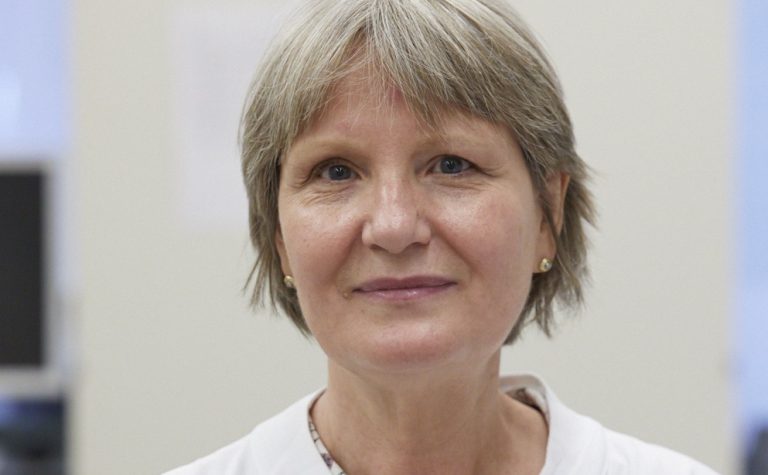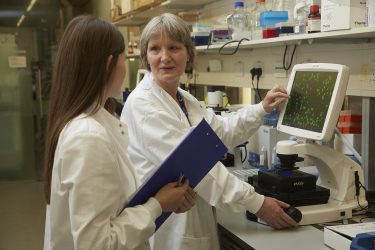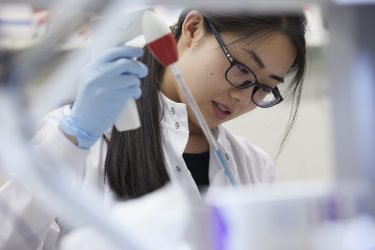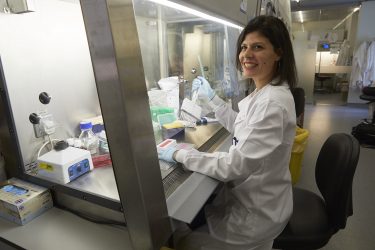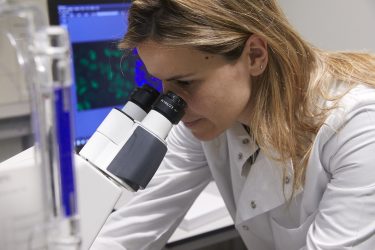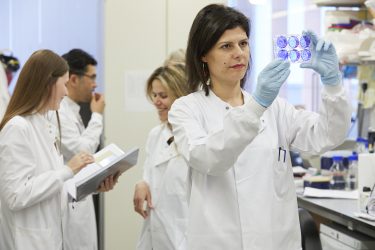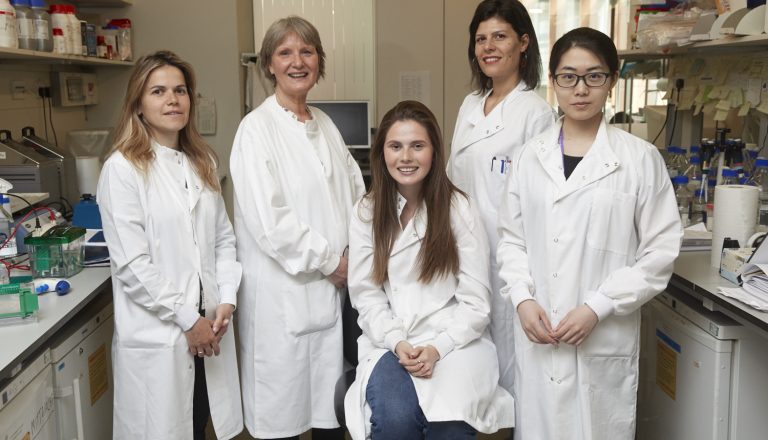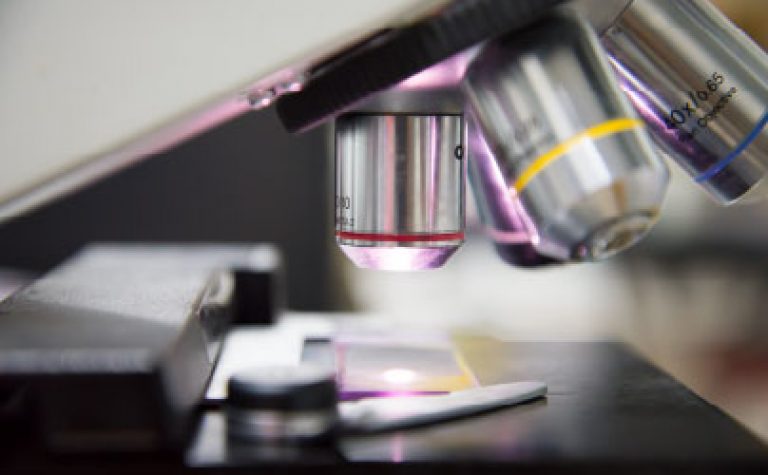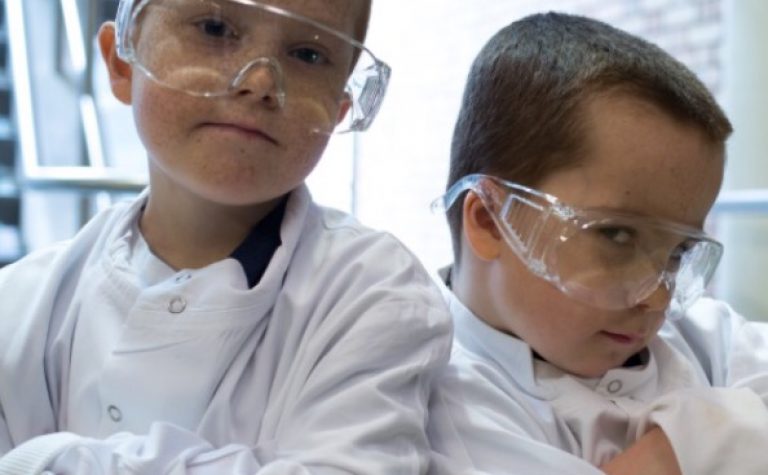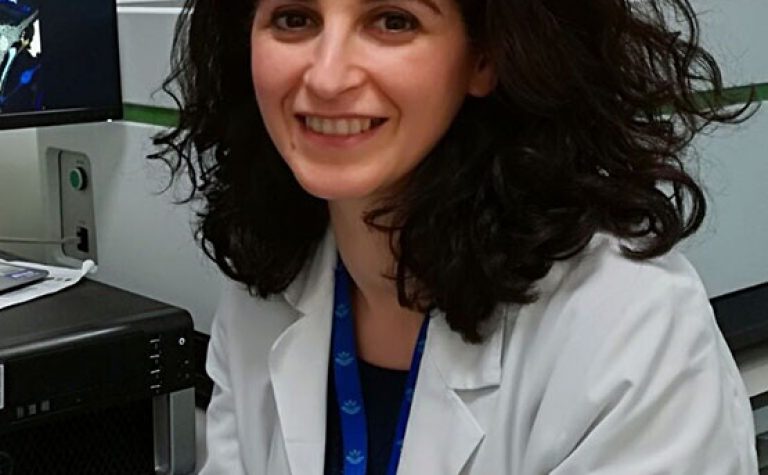About the research team
Professor Sibylle Mittnacht is a Professor in Cancer Biology leading a research team at the UCL Cancer Institute. Professor Mittnacht and her team have been working to understand the function of RB1, which is mutated in a considerable portion of childhood bone and soft tissue sarcoma for a long time. In this project, Professor Mittnacht will work closely with Dr Sandra Strauss, a cancer doctor who treats children and young adults with bone and soft tissue cancers, to ensure the study is designed to maximise clinical relevance and provide important materials. There are two other collaborators, Dr Paul Huang, from the Institute of Cancer Research, who is an expert in the analysis of sarcoma at the molecular level and Prof Penelope Jeggo, from the Genome Damage Centre at Sussex University who is an expert in studying the repair of DNA damage in cells. They will help with the study design and make sure the work progresses as fast as it can.